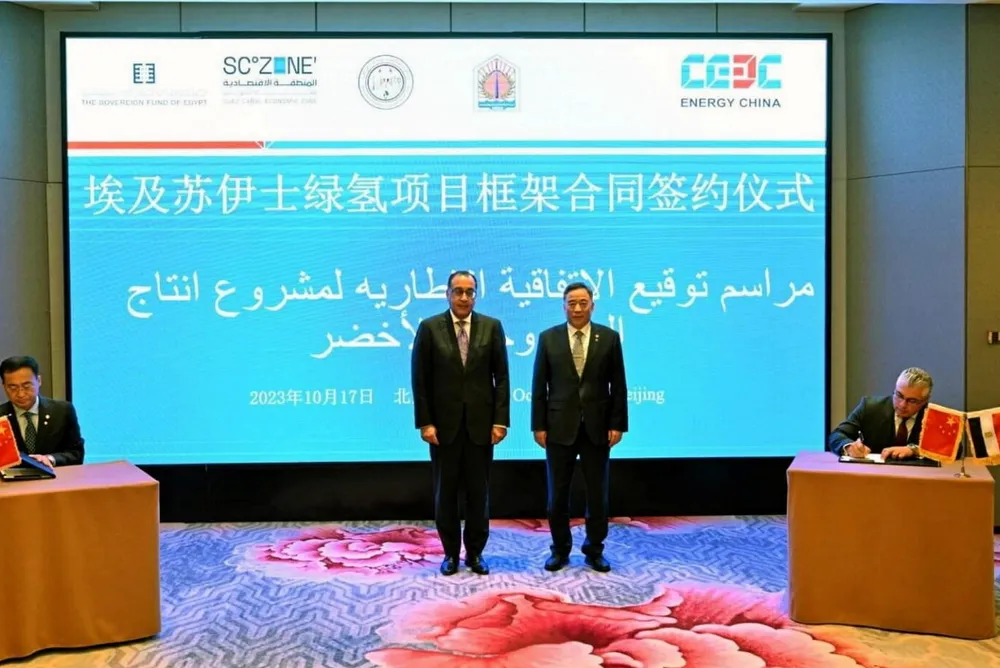Egypt signs deal with Chinese developer for $7bn green hydrogen and ammonia project
The government is also pursuing talks with Belgium’s DEME for a $3bn renewable H2 plant

The government is also pursuing talks with Belgium’s DEME for a $3bn renewable H2 plant
